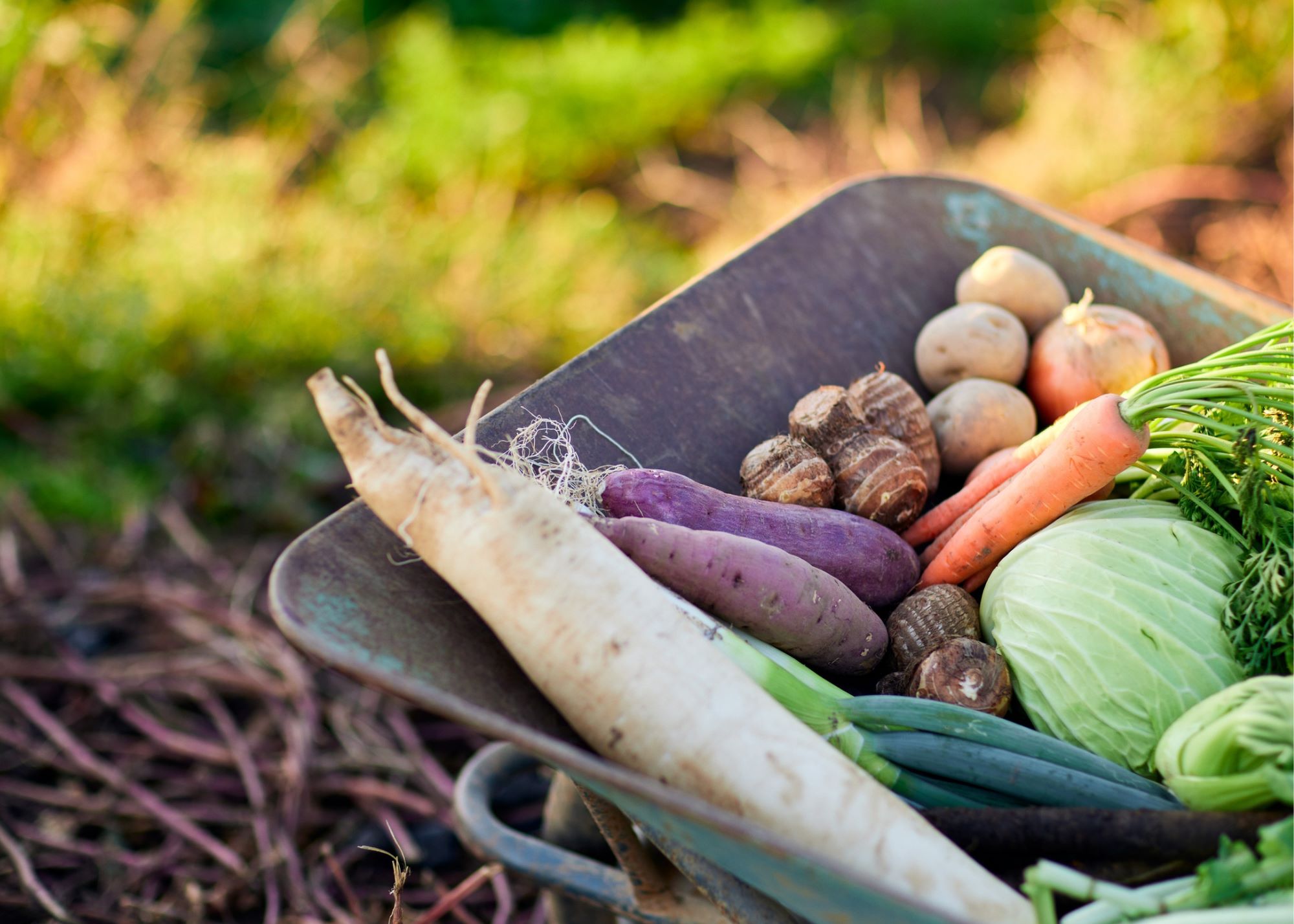Here at Green Our Planet, we’re passionate about school gardens. They’re living classrooms that inspire curiosity, responsibility, and collaboration while fostering academic, emotional, and social development.
We’ve worked with hundreds of schools nationwide to grow thriving school gardens and hydroponics programs. Across diverse communities and climates, educators and administrators have witnessed firsthand the profound benefits of a school garden, extending far beyond the science classroom.
Support Real-World Learning Beyond the Textbook
School gardens offer a dynamic way to integrate STEM, literacy, and environmental education into daily lessons. Instead of merely reading about plant life cycles, students get to see them unfold before their eyes, helping them better understand and retain knowledge.
At Dondero Elementary School in Las Vegas, Principal Terri Castillo highlights the unique experience of maintaining a garden in a desert environment. It’s a rare opportunity for many due to the climate and growing conditions. For many students, this is their first exposure to different vegetables and plants. The hands-on experience transforms learning from abstract to tangible.
“We’re making those real-world connections just beyond reading about something in a textbook,” she said.
Engage Students Beyond the Traditional Classroom

For students who struggle with attention and focus, the opportunity to step outside and engage in tactile learning is transformative. Gardens offer a multisensory environment that meets diverse learning styles, benefiting students with special needs or those who feel confined by traditional classroom settings.
"It really helps a lot of kids who have issues retaining attention," Jason Smith, a teacher at Ries Elementary School in Las Vegas, said.
Working collaboratively to plant, maintain, and harvest crops builds social-emotional skills that are crucial both inside and outside the classroom.
Understand Food Sources

In an era where processed foods often dominate, gardens offer students the chance to cultivate and consume fresh produce. This connection to food not only supports better nutrition but also encourages lifelong healthy habits.
Lisa Mullinix, garden teacher at Dearing Elementary School in Las Vegas, celebrates how students eagerly identify plants and show enthusiasm about eating what they've grown. It’s an essential step toward developing healthy eating habits.
“They’re starting to be able to identify the plants and want to eat them, and that is huge,” she said.
For many students, particularly those in underserved low-income and diverse communities, this is their first experience with these healthy fruits and vegetables. Frances Lucero, assistant principal at Martinez Elementary, shares how many of her students have limited exposure to fresh produce.
"Some students don’t even know what an eggplant is," she said, noting that hands-on experiences where they can touch, taste, and smell the different produce helps improve understanding.
Support Emotional Well-Being
For many students, the garden is more than just an educational space—it is a sanctuary. The natural environment helps reduce stress and anxiety while fostering mindfulness and a sense of peace.
Alice Roybal, former principal at Decker Elementary School in Las Vegas, observes that spending time in the garden can calm students on emotionally challenging days.
Build Community Ties

From donating food to hosting events, many teachers have also noted how school gardens strengthen community ties. School garden programs create inclusive spaces that bring people together.
Kimberly Basham from Taylor Elementary School in Henderson, Nevada, values the garden's role as a communal hub.
"Everything we do in the garden we open up to the community," she said, including hosting harvest events and involving parents and neighbors.
Lucero noted that since their garden is so prolific, they can help support others in the area and make a positive impact.
“Since we can harvest, we’re actually able to give back to the community too,” she said.
Grow More Than Plants
School gardens grow much more than fruits and vegetables—they cultivate responsibility, curiosity, compassion, and a sense of belonging. From helping students calm their minds to sparking interest in healthy eating and environmental awareness, the impact of these programs is profound and lasting.
"Being able to plant a seed and watch it grow into something they can eat—that absolutely has its impact,” Basham said.
"Students have such a sense of responsibility and pride in the garden," Castillo notes. This sense of ownership fosters critical thinking, problem-solving skills, and a deeper understanding of science and nutrition.
If you’re considering a school garden or looking to enhance your current program, Green Our Planet can help. Our STEMworks-accredited GardenConnect and HydroConnect programs help make it easy to bring hands-on STEM learning to your school.
.png)



